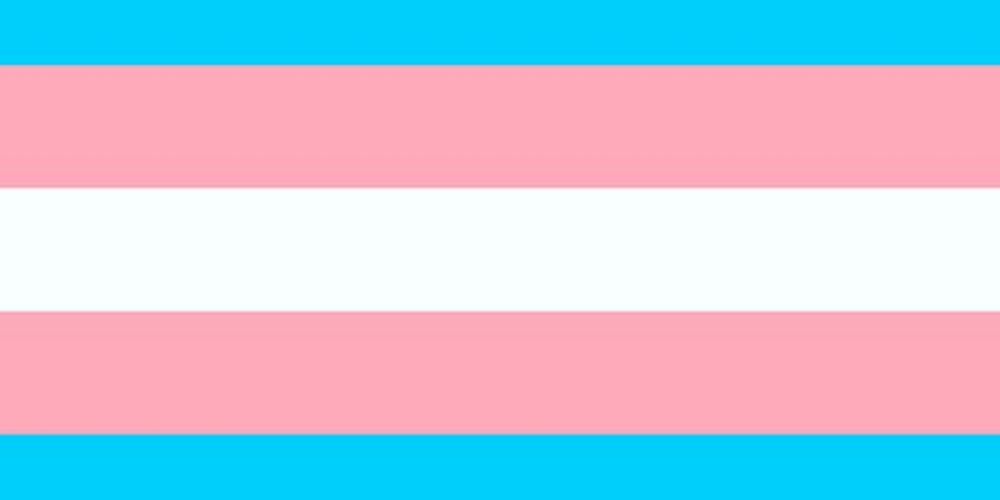Recently, right-wing and liberal media have been attacking trans people in increasingly vicious ways. How can we analyse this from a left-wing viewpoint?
In 1919 Lenin said the following in a speech on anti-Semitism: “The hate of the workers and peasants, the landowners and capitalists tried to divert against the Jews. In other countries, too, we often see the capitalists fomenting hatred against the Jews, in order to blind the workers, to divert their attention from the real enemy of the working people: capital.”
In Labour in Irish History, Connolly wrote the following: “Hence the bourgeois press and politicians incessantly strive to inflame the working-class mind to fever heat upon questions outside the range of their own class interests. War, religion, race, language, political reform, patriotism—apart from whatever intrinsic merits they may possess—all serve in the hands of the possessing class as counter-irritants, whose function it is to avert the catastrophe of social revolution by engendering heat in such parts of the body politic as are the farthest removed from the seat of economic enquiry, and consequently of class consciousness on the part of the proletariat.”
While anti-Semitism, racism, sexism, transphobia, sectarianism, hatred against refugees etc. are unique struggles that should certainly not be compared directly, the tactics of the ruling class are far from unique each time. Again and again we see the ruling classes exploit bigotry and prejudice, to divide the working class and to distract workers so they don’t examine their place in society and become class-conscious.
The goal is to divide the working class, by positioning trans people as outside the working class, and claiming that the interests of trans people are somehow opposed to working-class interests. We can see in the areas of housing, health and employment that this could not be further from the truth.
According to research by Stonewall, one in four trans people in Britain have experienced homelessness. Trans people are also likely to be living in a precarious or unsafe housing situation because of discrimination by family members or flatmates.
The waiting-list for trans health care in Ireland at the National Gender Service in Loughlinstown is at present between 2½ and 3 years. This is a symptom of an underfunded HSE but also of a “gatekeeping” protocol which requires trans people to prove their transness and increases waiting-lists further.
On the employment side, precarious work has become increasingly common, especially among young people. Flexible or temporary contracts and bogus self-employment constructions put trans and LGBT people at risk of employment discrimination, as their bosses can easily reduce their hours or fire them.
For housing, health and employment we can thus see that trans people are hit by the double whammy of discrimination and economic issues. As socialists we should use our strength in this area and push for public housing, better public health, and an end to precarious employment contracts.
However, we must not limit ourselves to strict economism. Nor should we accuse trans people of dividing the movement when they stand against their own oppression. We should stand with the trans and LGBT community against cynical attacks on them from right-wing media and politicians. Most importantly, we must bring the working class together and unite against all forms of oppression.






